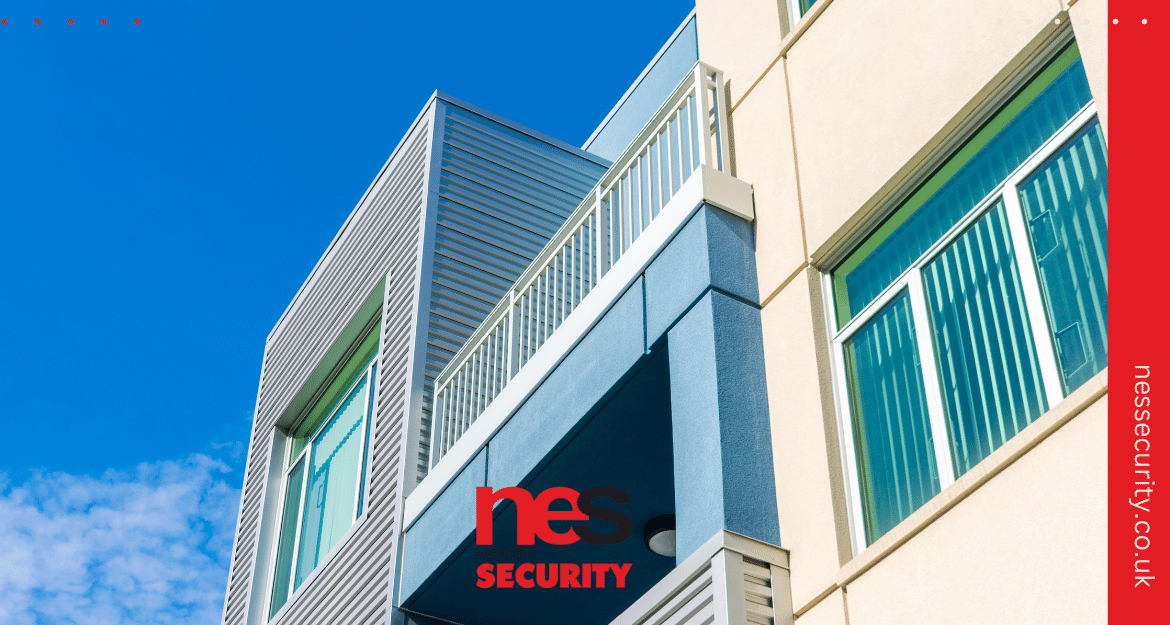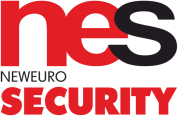In today’s rapidly evolving world, technology is transforming every aspect of our lives, and the realm of security is no exception. Smart access control is revolutionising how we manage entry and exit to buildings, offering a seamless and sophisticated solution for securing our spaces. With the advancement of the Internet of Things (IoT) and cloud-based technologies, smart access control systems are becoming more prevalent in various industries, including residential, commercial, educational, healthcare, and government sectors. In this article, we will delve into the world of smart access control in the UK, exploring its benefits, types, components, integration capabilities, privacy considerations, and future prospects.
Understanding Smart Access Control Systems
Smart access control systems go beyond traditional lock and key mechanisms. These systems utilize cutting-edge technologies such as biometrics, mobile credentials, RFID (Radio Frequency Identification), and cloud-based management to regulate access to buildings, rooms, or areas. The integration of smart devices, data analytics, and real-time monitoring enhances security and provides a more convenient experience for users. By combining hardware and software elements, smart access control solutions offer a comprehensive approach to managing access rights and permissions.
Advantages and Benefits of Smart Access Control
The adoption of smart access control in the UK brings forth a myriad of advantages. Firstly, it improves security by providing a higher level of authentication, reducing the risk of unauthorised access. With features like two-factor authentication and biometric recognition, smart access control offers a more robust and reliable means of identity verification.
Secondly, smart access control systems are highly flexible and customisable. Administrators can easily add or revoke access privileges for individuals or groups in real-time, responding quickly to changes in personnel or security requirements. Moreover, these systems allow for remote management, enabling administrators to control access from anywhere with an internet connection.
Thirdly, smart access control enhances convenience for users. Instead of carrying traditional keys or access cards, individuals can use their smartphones or biometrics for seamless entry. This not only reduces the chances of lost or stolen credentials but also provides a more user-friendly and modern experience.

Types of Smart Access Control Solutions
Smart access control systems come in various types, each catering to specific needs and preferences. Some of the common types of smart access control solutions available in the UK include:
Biometric Access Control: Biometrics, such as fingerprint, facial recognition, and iris scanning, offer a highly secure and accurate means of identity verification.
Mobile Access Control: Utilizing smartphones as access credentials, mobile access control eliminates the need for physical cards or fobs.
RFID-Based Access Control: RFID technology uses proximity cards or key fobs for contactless access to secured areas.
Keypad Access Control: Users enter a unique code on a keypad to gain entry, providing a simple and effective access control solution.
Cloud-Based Access Control: Cloud-based systems enable remote access control management and data storage, enhancing scalability and flexibility.
Key Components of Smart Access Control Systems
Smart access control systems consist of several key components that work together seamlessly to ensure secure and efficient access management:
Access Control Readers: These devices capture credentials such as biometric data, RFID signals, or keypad inputs to verify user identity.
Controllers: Controllers are responsible for processing authentication data and managing access permissions based on predefined rules.
Credentials: Credentials can be biometric data, access cards, key fobs, or mobile devices that grant access to authorised users.
Access Management Software: The software serves as the central hub for managing access rights, permissions, and user profiles.
Integration Interfaces: These interfaces allow the smart access control system to connect with other security devices, such as surveillance cameras and alarms.
Enhancing Security and Convenience with Smart Access Control
The integration of smart devices and data analytics enhances security and convenience in smart access control systems. With real-time monitoring, administrators can track access events and receive alerts for any suspicious or unauthorised activity. The ability to remotely manage access permissions allows for quick responses to security incidents or personnel changes.
Moreover, smart access control systems offer a range of access options tailored to different scenarios. For high-security areas, biometric access control provides an unparalleled level of authentication. In less sensitive areas, mobile access control using smartphones offers a user-friendly and flexible solution. Keypad access control is also a popular choice for locations where individuals need temporary access without the need for physical credentials.
Integration and Interoperability of Smart Access Control
One of the significant advantages of smart access control systems is their ability to integrate with other security and building management systems. The integration allows for seamless communication between different devices, creating a more comprehensive security ecosystem. For example, smart access control can be linked with video surveillance systems to record access events and verify the identity of users in real-time.
In addition, smart access control systems can be integrated with visitor management solutions, elevating security for visitors and contractors. By capturing visitor data and verifying their identity through the access control system, organisations can better manage and track visitor access.
Factors to Consider When Implementing Smart Access Control
Implementing a smart access control system requires careful planning and consideration of various factors:
Security Requirements: Assess the security needs of your premises to determine the level of authentication and access control required.
Scalability: Choose a solution that can accommodate future growth and changes in access control requirements.
User Experience: Consider the ease of use and convenience for both administrators and end-users.
Integration Capability: Ensure that the smart access control system can integrate with other security and building management systems.
Data Privacy and Compliance: Comply with data protection regulations and ensure the privacy and security of user data.

Installation and Implementation of Smart Access Control Systems
The installation and implementation of a smart access control system should be carried out by experienced professionals to ensure proper configuration and functionality. A qualified provider will conduct a site assessment, design a customised solution, and install the hardware and software components with precision.
During the implementation phase, administrators will define access policies and permissions, configure user profiles, and set up multi-factor authentication if required. They will also establish rules for access schedules and create audit trails to monitor access events.
Maintenance and Support for Smart Access Control
Like any other security system, smart access control requires regular maintenance to ensure optimal performance and reliability. Routine inspections, testing, and software updates are essential to address any potential issues and maintain the system’s effectiveness.
In case of technical difficulties or malfunctions, having access to timely and reliable support is crucial. A reputable access control provider will offer maintenance contracts and 24/7 customer support to address any concerns promptly.
Ensuring Data Privacy and Security in Smart Access Control
With the increasing reliance on technology, data privacy and security have become critical concerns. Smart access control systems handle sensitive user data and must adhere to data protection regulations. Encryption and secure authentication protocols are implemented to safeguard data integrity and prevent unauthorised access to the system.
It is also vital to establish clear data management practices and consent policies to ensure users are aware of how their data is being used and stored.
Future Trends and Innovations in Smart Access Control
As technology continues to advance, so will smart access control systems. Some of the future trends and innovations in this field include:
Advanced Biometrics: The development of more sophisticated biometric technologies, such as vein pattern recognition and gait analysis, will further enhance security.
Artificial Intelligence (AI) Integration: AI-powered analytics will enable predictive access control, identifying potential security threats proactively.
Cloud-Based Solutions: Cloud-based access control will become more prevalent, offering scalability and remote management capabilities.
Mobile Credentials: Mobile access control will continue to grow in popularity, allowing users to use their smartphones as secure credentials.
Partnering with Nes Security for Expert Smart Access Control Solutions in the UK
At Nes Security, we are dedicated to providing cutting-edge smart access control solutions that cater to the unique needs of our clients in the UK. Our team of experts will work closely with you to understand your security requirements and design a customised access control system that ensures optimal security and convenience.
We offer a wide range of smart access control solutions, including biometric access control, mobile access control, and RFID-based access control, among others. Our integrated approach allows seamless communication between different security systems, providing you with a comprehensive security ecosystem.
Our experienced technicians will handle the installation and implementation of the access control system with precision, ensuring its smooth and efficient operation. With our maintenance contracts and 24/7 customer support, you can have peace of mind knowing that your smart access control system is in capable hands.
Take the first step towards elevating your security measures and embracing the future of secure and connected spaces. Partner with Nes Security today to experience expert smart access control solutions that safeguard your premises and streamline access management.


